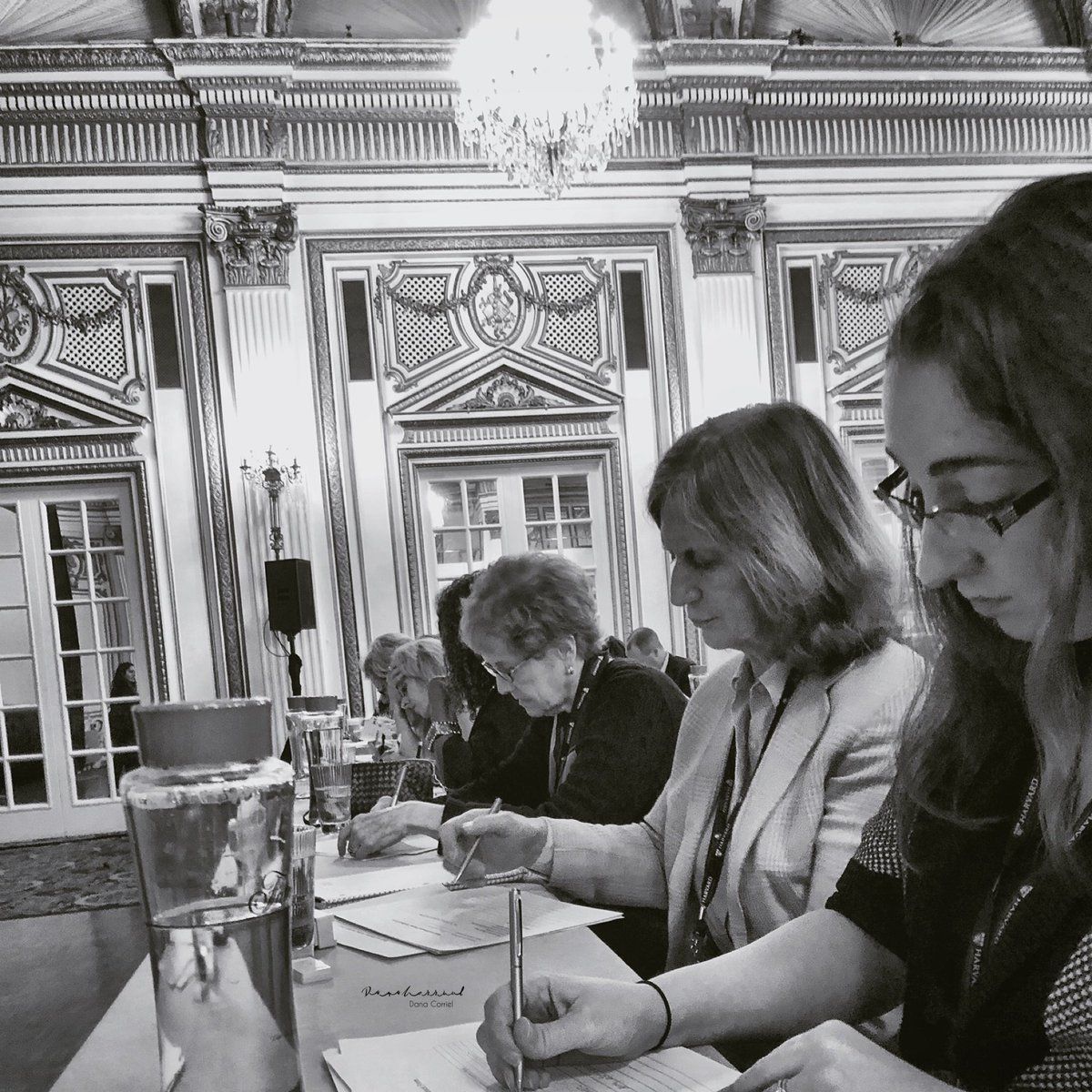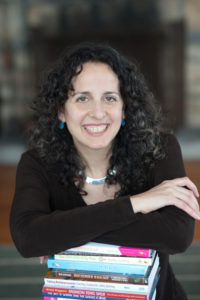In the past couple of weeks, I held two book writing and publishing seminars (Bring Your Book to Life® in 2020) to help participants get started on their books (or get reinvigorated on a book project that’s stalled). Thanks to Sam Bennett for hosting one of them!
I received over 35 varied and excellent questions about writing and publishing books and could only answer a handful on the calls.
And I promised to answer the rest on my blog. Ready? Here we go…
[bctt tweet=”Book Writing Productivity and Creativity Questions Answered” username=”LisaTener”]
“When to write?”
 There’s no one answer to this question, but writing very first thing in the morning works well for many writers, because your brain is still in that creative, relaxed mode you tap into during dreams. Access and flow can be easier. If you can’t write first thing in the morning, try different times of day and see what works best for you. And if your time is limited, find little bubbles of time— waiting in a dentist’s office, during your lunch break, after your kids go to bed—whatever time you can grab.
There’s no one answer to this question, but writing very first thing in the morning works well for many writers, because your brain is still in that creative, relaxed mode you tap into during dreams. Access and flow can be easier. If you can’t write first thing in the morning, try different times of day and see what works best for you. And if your time is limited, find little bubbles of time— waiting in a dentist’s office, during your lunch break, after your kids go to bed—whatever time you can grab.
One secret, is if you only have time in the evenings or weekends and you feel burned out from work, it’s only going to work if you replenish your vital life energy. Walk in nature; breathe deeply; practice yoga, Tai chi or dance. Anything that gets your body moving and gets your breathing deeply will help you revive that creative force within.
“How can I make the creation of writing a book part of my daily life?”
In addition to writing first thing in the morning, build in some accountability, such as a colleague or friend to check in with, a coach, a course, etc. If you need guidance, identify what you need and how you will get it.
“I’m a nonfiction writer with writer’s block; any suggestions?”
In the training, I shared the power of a vision statement to help you get inspired or re-inspired and stay passionate about your book project. Read your vision statement at least once a day. Other ideas:
- Schedule your writing and treat it like a crucial business meeting or hot date (don’t blow it off!).
- Ask your inner muse for support (try the free audio guided visualization here).
- Here is another place where deep breathing and movement work wonders. You just may need to get your energy moving to get the creativity flowing as well.
[bctt tweet=”Publishing Questions Answered” username=”LisaTener”]
“How do you get interest from established publishers?”

Write a standout book proposal and query letter. During the training, I shared 3 crucial elements publishers are looking for and a number of strategies for including those 3 elements in a compelling way. Listen here if you missed it. I highly recommend hiring a book proposal coach or editor to give you feedback and brainstorm ideas. Even as an expert in the field, I am having several colleagues read my proposal and offer feedback, because I know the value of a second set of expert eyes—and brain—on the job.
“I have written a first draft of an over 70,000 word memoir about awakening and I am currently writing a journal type book. I wonder how to decide which one to publish first as they are very different types of books.”
In the training, I offer information about how to develop a vision statement. Your vision statement can help you decide which book is most aligned with your vision and goals. Additional factors to weigh in your decision are:
- Which book is easiest to write? Could the easier one be practice for the second?
- Which book is most marketable?
- Do I want to self publish or traditionally publish? (This may dictate which book to start with.)
- Are they different audiences? If so, which audience do I already reach?
“Am I better off starting with an agent or just sending the book out to publishers (when it’s finished)?”
I am working with a new client who has a strong book idea and proposal, but modest platform. She asked me the same question. Because her book is timely and marketable and she has some platform, I suggested that if she’s not a huge hurry and is open to working more on platform, we could query a few agents and see if they’re interested in representing her book. If they are we can ask what they expect in terms of additional platform building before they’d be willing to approach publishers.
However, if the publisher she first mentioned is her top choice, I don’t think she’ll require an agent. I think she has a very strong chance with them. So if she’s in a hurry and excited about that publisher, and doesn’t want to jump through lots of hoops, after making the changes I’m suggesting to the proposal, I’d be happy to contact the acquisitions editor I know there on her behalf.
In other words, it really depends on one’s goals (quick/not as quick; one publisher/many options; any advance/the biggest advance possible; etc.).
Having said that, a literary agent brings so much to the table, from knowing the players to finding you the best fit for your particular book and needs, to negotiating a contract that’s to your advantage, to representing your interests should any challenges occur (such as a disagreement about cover or title). Here’s more about the benefits of having a literary agent. And here are a few reasons you might want to go directly to publishers rather than an agent.
And this post explains the role of a literary agent, how to work with an agent, what to expect and how to meet them.
“How do I get my concept/proposal in front of the right person?”

Once your proposal is complete:
- Identify the ideal agents (or acquisitions editors/publishers) by seeing who represented or published some of the books in the comps section of your book proposal, and other books/authors in your genre and general topic area.
- See if you can meet some of these agents at a conference. If so, pitch at the conference, if possible. Conferences like the San Francisco Writers Conference, International Women’s Writing Guild and Harvard Medical School CME publishing course all have opportunities to meet and pitch agents.
- Or see if you can get an introduction through an author you know who is represented by the agent or acquisitions editor.
- Select a handful to query; don’t send to everyone at once. You’ll likely benefit from feedback and your query may change over time.
- Write and send a compelling query letter to those agents or acquisitions editors.
- Rinse, repeat, asking for and incorporating feedback from anyone who says no.
“What are the benefits of self-publishing?”
Benefits of self-publishing include:
- You maintain full control of your content and artistic decisions.
- You receive a higher percentage of the price it sells for (you make more per book).
- One can usually get it to market faster than a traditional publisher.
- Not so many platform hurdles to jump through.
- Ability to update the book whenever you want.
Still, there are advantages to traditional publishing. This post compares the pros and cons of traditional and self-publishing.
“What is hybrid publishing?”
You pay the publisher, so they are not taking much of a risk, if any. The publisher usually will provide a certain number of books for that amount, as well as some add-on services you can pay for. These services sometimes sound better than they are, so search for reviews and feedback from their customers. And read the fine print. I recommend you have your attorney read the contract as well!
“Curious to learn more about a hybrid deal. Would I still have to give over all rights to the publisher?”
It depends on the contract. That’s why it’s best to have a lawyer look at it. If you don’t, look for language about who owns the copyright.
“Are proposals and queries mandatory for traditional publishing deals?”
Almost always yes. If you meet an agent or acquisitions editor and they request a copy of your proposal, you can skip the query letter but include a brief cover letter/email that covers much of what you’d find in a query. Publishers don’t just want to see a great book, they want to know why it will sell, and what you will do to sell it.
[bctt tweet=”Platform Building Questions Answered” username=”LisaTener”]
“What are the prioritized steps for building an author platform even before the book is finished and ready to market?”
- Identify your market.
- Identify where they hang out, online and offline.
- Brainstorm the most effective ways to reach them and those that are most likely to impress publishers (the more likely they are to help attract people who will actually buy books from you the better).
- Prioritize by what will be easiest for you, most enjoyable and most effective. And be sure to include activities that will bring in income and not just cost money.
What are some activities that tend to result in book sales? Speaking and teaching, podcasts, activities that center around a strong niche audience and people who buy from you already.
“How to build an audience for your book before it’s published?”
In addition to the steps above, I recommend having one or more free offerings on your website that people can get when they share their email address and sign up for your mailing list. Make sure it’s something your target audience will find useful (ask them!).
“How do I find a publisher if I don’t have an author platform?”
It would be highly unlikely to find a publisher for a prescriptive nonfiction book without a platform. If you are writing narrative nonfiction, you are likely to still need a platform, though may not be quite as crucial, depending on the subject.
Here are 7 benefits to building author platform before your book is published.
“How do you know when it’s time to move from self-publishing to seeking a traditional publisher?”
A traditional publisher will want to see that you’ve sold many books. That number varies, depending upon the genre and publisher, but a common number bandied about is 15,000 books sold, which tends to interest a traditional publisher.
“How do you get people to take you seriously if you self publish?
- Write a great book. (Test market it with your target market.)
- Get an excellent editor, proofreader and designer, so that your product is polished. This lends credibility.
- Take yourself seriously. Invest time and/or money in publicity, and get yourself on podcasts, in front of potential readers through speaking or teaching, and into the press.
“Should I wait until my social media numbers are high before approaching agents/publishers?”
Social media is not the only metric—public speaking, training, guest podcasting, general PR, article writing, a strong internet presence, a well visited website and a strong email list (especially one that buys from you) are all compelling to publishers. Focus on your overall picture vs. just social media, but do wait until you have a compelling platform.
[bctt tweet=”Memoir and Narrative Nonfiction Questions Answered” username=”LisaTener”]
“I’m writing non-fiction about my experience during my journey from Bombay to Birmingham, happened more than 50 yrs ago. Finding it challenging to include a time/flashback incidence, happened before the journey.”
First, if you’re finding it hard to do a flashback, ask yourself whether this flashback is truly important to the story. Maybe it’s not. If you decide it is, then think about a sequence that lends itself to daydreaming…perhaps during a train, car or airplane ride. Or on a walk in nature through some kind of gateway (a path that leads from woods to beach or meadow to woods, etc.).
“How do I tell my story in a ‘creative non-fiction way’, in the first three chapters of my self-help/memoir book as a life coach, to let other women know what I’ve been through?”
First, I’d be careful not to have the book feel like two different books. So you might model each chapter similarly. For instance, you can start every chapter with a story from your life or a composite or disguised client story. Then do some teaching and offer exercises or action steps to empower your readers. Of course, without knowing your story or what you have in mind, that’s just one idea. Writing a modern memoir is much harder since it needs to read like a novel with a story arc.
What’s the difference between autobiography and memoir?

Both genres are about the author’s life. Autobiography is generally about someone famous: celebrities, politicians, athletes and other public figures. Memoir can be about anyone. Autobiography tends to focus on someone’s entire life. Memoir is about a specific theme and period in the author’s life.
“What legal issues might arise when writing about true situations that happened within your family?”
This question is best answered by a lawyer, which I am not. A family member could contest your claims or even sue, potentially, so it is important to get legal advice if you are unsure how people in the book will react (and you can’t disguise who they are).
“This is an autobiography about a lone elephant. Is this possible?”
Given what I shared about the difference between autobiography and memoir, you will note first that this will work better as a memoir, especially since elephants are known for their extraordinary memories and a memoir could end up at tens of thousands of pages, in my estimation. In all seriousness, though, if the book is from the author’s point of view but about her experience with an elephant, that would be a memoir. If an attempt to tell it from the elephant’s point of view, it would be considered creative nonfiction. Is it possible? Yes, with writing, everything is possible!
Nonfiction Research
“What do you recommend are effective ways to conduct original research if you don’t have a mailing list?”
I assume “…if you don’t have a mailing list” means you want to gather data about your audience. Design a survey through Survey Monkey to help you gather information about your readers. Identify social media groups made up of your ideal readers and, if their group rules allow it, post a link to your survey, inviting people to take it. One of my Bring Your Book to Life® program participants did this and had over 200 responses in a Facebook group made up of her target audience.
“How to organize notes and references?”
Use the Chicago Manual of Style to guide you if it’s a trade book.
“I get caught up in how will I do the research for my book. Can you speak to this?”
If you are writing a self-help, how-to or business book and much of the book will come from what you already know, first develop the structure and fill it in with what you know. Then you can go back and do the more time consuming research later. This will help streamline your process and also support creative flow. It will prevent you from over-researching and avoiding the writing. However, there may be parts you have to research as you write. That’s fine, too.
[bctt tweet=”Book Concept and Structure Questions Answered” username=”LisaTener”]
“Is there a formula for outlining a potential book?”
There is not just one formula. For self-help, how-to or business books, publishers tend to like programs, particularly for diet books and other health books. One way to accomplish this is to provide a time line (4 weeks to X, the 10 day plan to Y, etc.) or steps/key elements/secrets. People like programs that give them a set time-frame for which to achieve a goal or result. However, it can also be successful to get creative about structure.
“What’s the best selling genre?”
I’m hesitant to answer this question because I want to encourage you to write a book you feel passionate about. Certainly self-help books by experts sell well. A very well-written memoir can be a bestseller. And there’s a great market for fiction. The more popular a topic, such as diet books, the more competitive it will be. So a best selling genre may not be the best fit for you.
“How do you determine your target market for an agent?”
Start with your vision and goals—what target market does the vision seem to suggest? Then answer these questions to determine target market:
- Whom do you help or serve now?
- Do you want to broaden that or keep it the same?
- Who needs what you will offer in this book? Why do they need it?
- Who are the secondary audiences?
- What people may recommend this book to others?
Now, research the sizes of these audiences. Here’s how to research target market size.
[bctt tweet=”Book Promotion Questions Answered” username=”LisaTener”]
“How do you determine best ways to market a pre-book sale?”
To pre-market a book, or market pre-launch, you may want to offer incentives, such as a free webinar for those who buy copies pre-launch (they can send you their receipts). Certainly your mailing list and social media following are obvious groups to tap.
“What is the lead time to start announcing your book/pre-book sale?”
I would announce as soon as the book is available for pre-order on Amazon.
[bctt tweet=”Revision and Editing Questions Answered” username=”LisaTener”]
“I’m not a great writer but want to tell my story. How do I find a co-author?”
You can hire someone, but it is usually quite expensive to have an experienced writer co-author your book. Many of the co-authors I work with charge $60,000 and up for co-authoring.
“Should I start with an editor or write solo first?”
You may want to work with a book coach to get clarity on your book concept and then start writing. An editor would come in once you are ready for feedback on the writing. However, many professionals do both coaching and editing.
“If I cut out half the book and replace “me” with “we” does it have a better chance of selling?”
Without seeing the book, it’s hard to say. But it sounds like the advice you got was to think like your reader and offer something for them, rather than just tell your story.
“When you need guidance on where you need to embellish or add detail etc., who do you ask?”
Start with a couple of beta readers from your target audience and ask them. Also, at some point, you’ll benefit from hiring an editor.
Your Turn
 Did I answer your question? If you don’t find your writing or publishing question here, it may not have been clear to me what you were asking. See if you can clarify and re-ask! Thanks.
Did I answer your question? If you don’t find your writing or publishing question here, it may not have been clear to me what you were asking. See if you can clarify and re-ask! Thanks.
Do you have a follow up or more book writing and publishing questions? Ask below as a comment and I’ll answer you!

